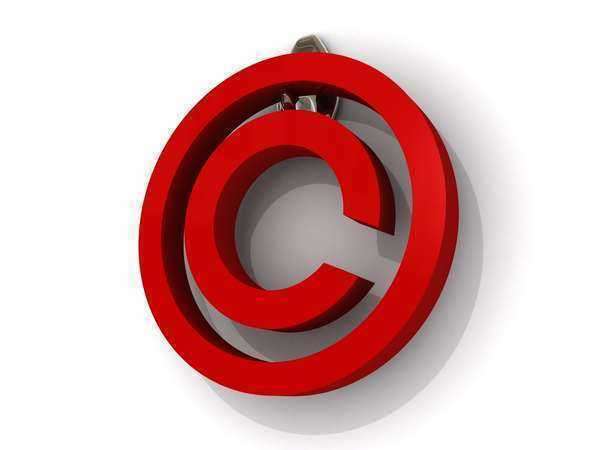Copyright Act of 1790: Important Effect on Society
The theory of copyright law held by the United States' Founding Fathers and first systematically implemented with the Copyright Act of 1790 was conceived of in essentially utilitarian terms of the general effect on society. It took the primary goal of encouraging intellectual activity and production for the good of society as a whole, and thus, aimed to guarantee both the material benefits due to the creators of works and the intellectual benefits to be gained by the readers of works.

In order to ensure that the Copyright Act of 1790 could exercise its intended effect on society, the new body of copyright law was widely printed in newspapers after its passage. Within two weeks, the first Federally-protected copyright had been granted. Under this framework for copyright law, authors alone were given the right to register a work for a copyright, without provisions being taken for cases in which a work had been commissioned by someone else with a view to becoming its owner.
Despite the widespread dissemination of the Copyright Act of 1790, opinion on the copyright law's effect on society was mixed and various issues and problems would be raised by authors and publishers. Research on the surviving records of copyrights registered under the Copyright Act of 1790 indicates that such documents were primarily granted to the authors of educational and instructional texts and that books of a more literary or artistic bent tended not to be submitted for copyright law protection.
Through the Congressional legislation the right to copyright protection could only be assured by official registration with the Government and was not assumed to be innate in the act of original literary creation, as would later be the case. The various provisions of the Copyright Act of 1790 were mainly derived from the English legislation of the Statute of Anne, passed in 1709, and received criticism for being overly concerned with bureaucratic procedure and insufficiently geared toward the desirable effect on society.
Another unintended effect on society exercised by the Copyright Act of 1790 was to reduce the advantage of authors in comparison to publishers. This flaw in copyright law arose from the restriction of its scope to works published in and authors based out of America. As a result, publishing houses in the United States could reprint works by foreign authors without permission and offer the editions at cheaper prices than the books of American authors.
Both American and foreign writers criticized this oversight for either reducing or denying them the proper benefits of their work. Prominent literary figures such as Charles Dickens and, later, Mark Twain criticized the practice of American copyright law in this respect.
Another issue of the law's scope was addressed in the suit brought by Harriet Beecher Stowe against an American firm publishing a German translation of her bestseller Uncle Tom's Cabin without her sanction. The Supreme Court decided the case against her in 1853, prompting Congress to revise the statutes of Federal copyright law to cover translation rights.